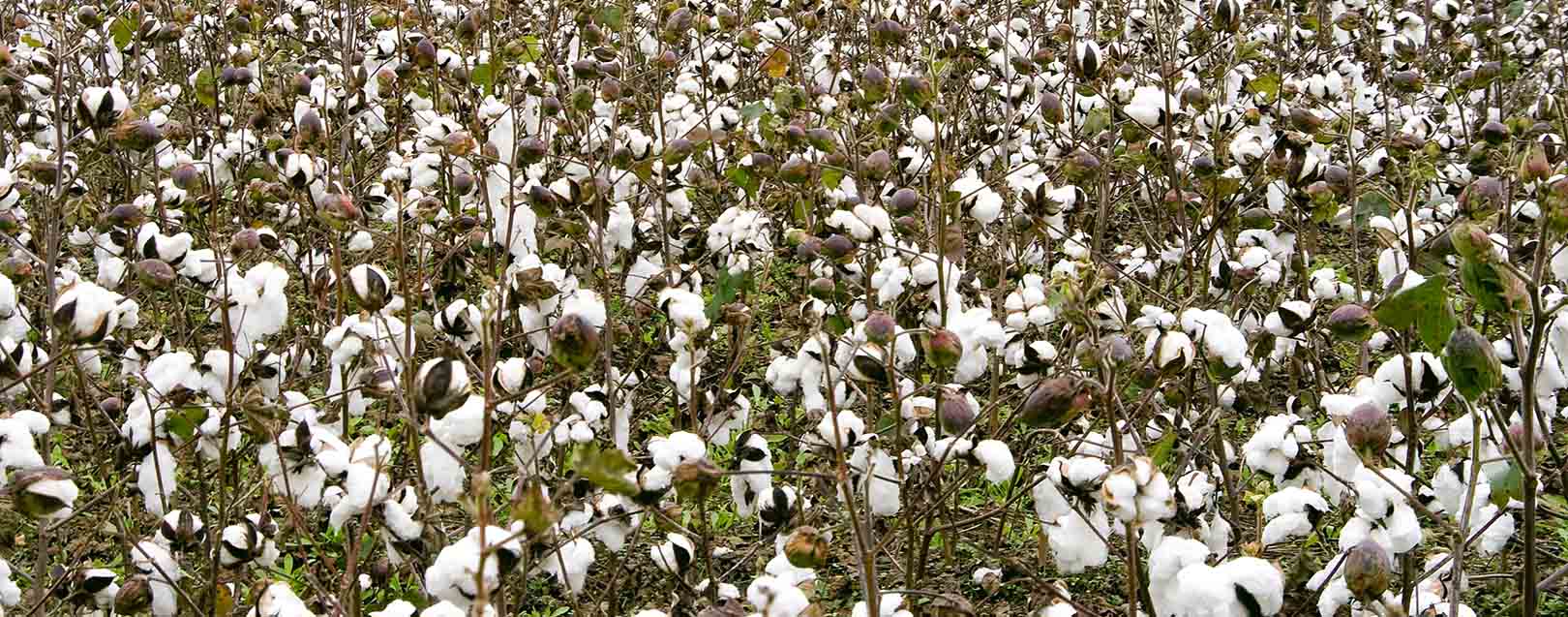
Control GM seed price, not licensing fee: Experts
Sharath Chowdary
The Union government had recently withdrawn the notification on licencing guidelines for genetically modified seed technology issued on May 18, 2016. Experts from the industry have welcomed the government’s decision to withdraw the conditions on GM seed licencing fee.
According to them, the earlier notification was disastrous to the industry as it would have sent wrong signals to foreign investors. The new decision has once again sent a positive note on the future of the textile industry, J. Thulasidharan, Vice Chairman of Confederation of Indian Textile Industry (CITI) told The Dollar Business Bureau.
The CITI is an apex national body of the textile industry. Thulasidharan is the Managing Director of Rajaratna Mills Ltd and also the President of the Indian Cotton Federation formerly known as South India Cotton Association.
Speaking to The Dollar Business on the decision to cap the licence fee by the government he said, “Instead of capping the licence fee for the GM seed technologies, the Central government should consider controlling the GM seed prices. The government should have fixed the maximum seed price to protect the interests of the farmers. It should have allowed the seed producer and the licensee to decide the licence fee.”
Explaining the difference Bt cotton seed has made in Indian cotton production, he said, “Only with the introduction of Bt seeds, has the production of cotton increased over the past ten years. More than 90% of Indian cotton cultivators use Bt seeds only. Though we are one among the countries having the lowest cotton yield per acre, we still hold the position as the highest cotton producer in the world. Thanks to Bt cotton for enabling sustainable cotton cultivation in the country.”
Thulasidharan said the present Bt cotton seed has lost its life cycle as pests infesting the seeds have developed resistance. “Government should soon give clearance for the next generation of Bt seeds. We have already seen heavy pest attacks on cotton and some State governments have spent crores of rupees paying compensation to the cotton growers. Senior scientists have warned in the coming season pest attack is likely to affect cotton production more,” he said.
“After agriculture, the Indian textile industry is the second largest employer. The country has the world's largest handloom population with lakhs of handloom weavers. If the current situation (with lesser pest-resistant Bt) continues, India would become a cotton shortage country from its present position of being a cotton surplus one,” he cautioned.
Decreasing cotton production in the country would affect the competitive advantage of the textile and clothing industry. Already cheap imports are coming into the country. These imports would be affecting the health of industry and also cotton farmer who is already under stress. Putting cap on seed royalty is not the right initiative. The government should focus on bringing new effective seed so that Indian farmer could compete with global players, Thulasidharan said.
Expressing similar views, K N Viswanathan, Vice President of Indian Cotton Federation said, “Cotton is the only major crop that is allowed to use GM technology in India. Farmers cannot depend on the desi variety of Bt seeds. Though some scientists claim these desi Bt seeds to be equivalent to the GM seeds, the test results in India aren’t so encouraging.”
“The royalty or the trait value is the major component in fixing the cost of seeds. Unless a viable alternative option is provided, the government should not cap the licence fee for GM seed technologies,” he opined.
Cotton was sown on 118.18 lakh hectares last year and is likely to remain the same this year too. Though the demand for desi or domestic cotton seeds has picked up in the northern states of India, the demand for Bt hybrids remains intact.
It remains to be seen with the government’s decision to withdraw the conditions on GM seed licencing fee, if the production of cotton using desi seeds shall increase thereby bettering a lot of those farmers solely dependent on cotton.





